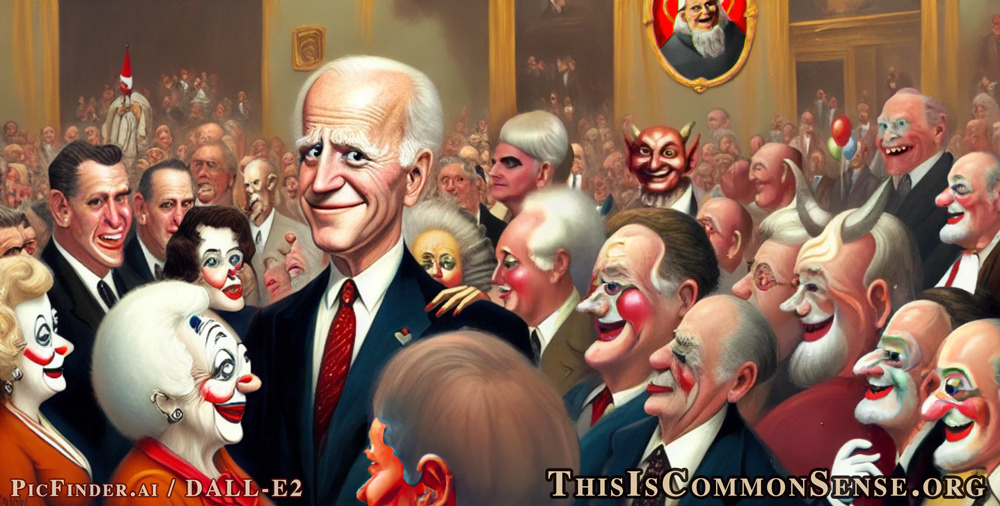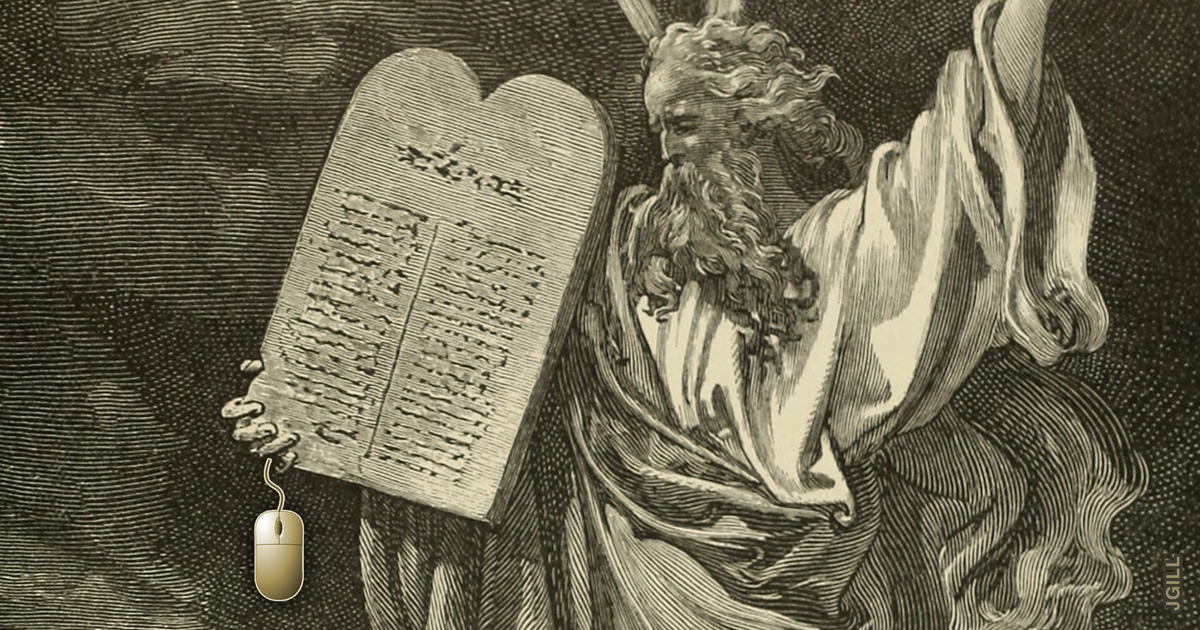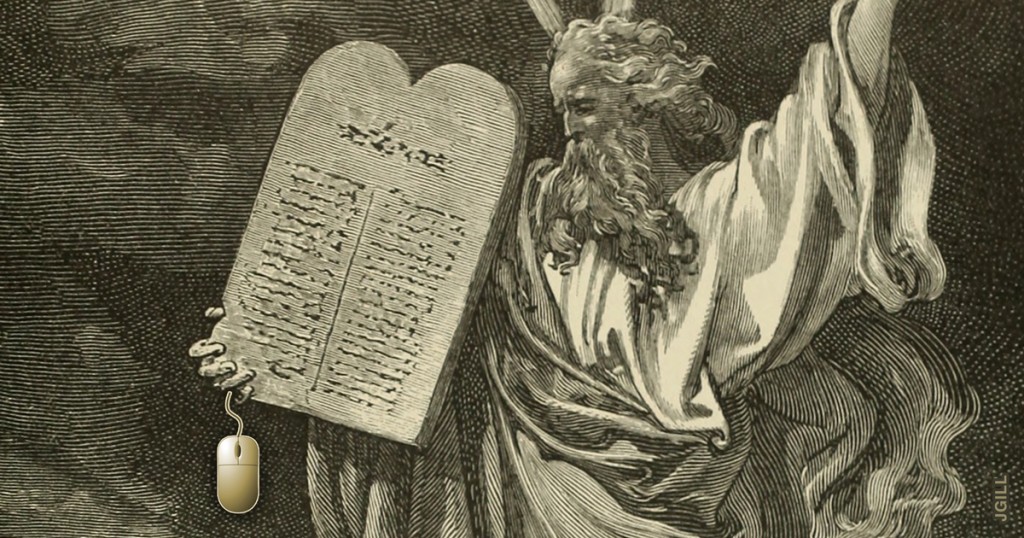April is the cruelest month, wrote T.S. Eliot, but he wasn’t referring to the Biden Administration’s ramped-up war on Christianity.
Mid-month, the administration barred Catholic priests of the Holy Name College Friary from providing “pastoral care” to servemembers at Walter Reed National Military Medical Center. The government contract had been granted, instead, to Mack Global LLC, which the archdiocese characterizes as “a secular defense contracting firm that cannot fulfill the statement of work in the contract.”
Not convinced that this Daily Signal story amounts to “a war on Christianity”?
Well, try The Epoch Times. In “Christians Say Government Targets Them Because They Oppose Left-Wing Agenda,” Kevin Stocklin lists a number of federal government policies that favor left-wing politics over the social and political activism of Catholics and other Christians.
Abortion activists, pro- and anti-, do occasionally engage in what might plausibly be called “terrorist” activities, but the FBI appears avid in hounding pro-life protesters, yet uninterested in doing any actual work to curb the string of “violent attacks, including assaults and firebombings, against pro-life individuals and institutions.”
Rep. Jim Jordan (R-Ohio)’s “subpoena to the FBI earlier this month demanding information on its alleged program to surveil Catholics for ‘signs of radicalization,’” spurred Stocklin’s reporting about the government’s increasing conflict with Christianity.
Why see traditional Christians as enemies of the State? Because they are.
Potentially, at least.
In part, simply because those who worship God see a worshipful attitude towards the State as something akin to idolatry. And apparently vice versa. But sociologists such as Robert Nisbet regard religion as a countervailing power against ever-growing government.
If you are looking for a jealous god, the modern total State fills the bill.
This is Common Sense. I’m Paul Jacob.
Illustration created with PicFinder.ai
—
See all recent commentary
(simplified and organized)




